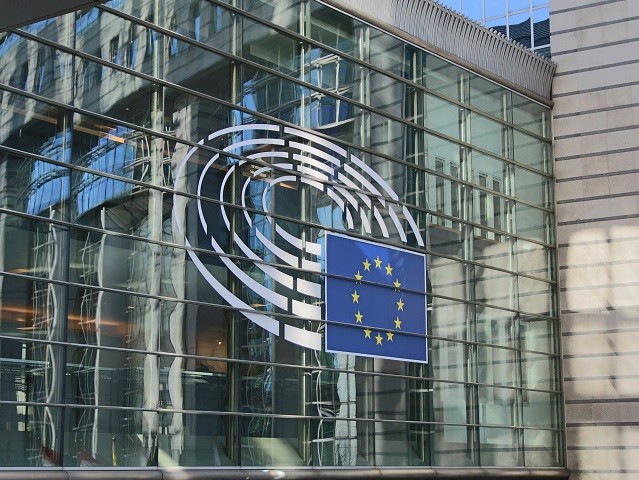POST-2020 COMMON AGRICULTURAL POLICY: TURNING POINT OR GREENWASHING OPERATION?
Last week, the post-2020 Common Agricultural Policy (CAP) was approved by the European Parliament. The environmental merit of the agreement has however received mixed responses. Some have called the new agreement a strong commitment to the green ambition for European agriculture, while others have called the environmental claims - greenwashing. The new agreement will give Member States more flexibility to pursue environmental and climate objectives suited to their specific agro-environmental contexts. This is introduced through a new instrument, the so-called Eco-Schemes which are compulsory to implement for Member States, but it is voluntary for farmers whether to participate. “The design of these schemes and the agri-environmental programmes funded under the Rural Development initiatives is therefore essential to achieve any real environmental and climate improvements”, says Mette Termansen, Professor at University of Copenhagen and leader of EFFECT, a European research project on effective environmental design of agri-environmental programmes. Professor Uwe Latacz-Lohmann, from Kiel University and part of the EFFECT research team, adds that “what German Agriculture Minister Julia Klöckner called a milestone in the development of the CAP is probably just a first step in the right direction. Ringfencing 20% of the first-pillar budget for the new Eco Schemes against the opposition of a considerable number of member states is a political achievement. I would have wished for more. But the 20% may serve as a door opener for further budget shifts towards environmental measures in the years to come.” It is clear that the Common Agricultural Policy is predominantly a farm income support policy and balancing income support and environmental ambitions is an ongoing challenge facing the European Agriculture. Dr. Jeroen Candel, from Wageningen University (another member of the EFFECT consortium), argues that these competing objectives have not been resolved with the current reform: “The CAP was not designed to meet environmental objectives. The CAP is basically a farm income support policy and many Member States have no intentions of changing this. Concerns about farmer incomes are a politically legitimate reason to maintain the focus on income support. However, selling the reform as an environmental achievement is hardly justified, as the current proposals will do little to tackle the environmental and climate challenges the EU faces”. It will be interesting to follow the development of the agri-environmental initiatives in Europe post-2020 to see if the reform will live up to the ambitions to transform European agriculture. Contacts: Prof. Mette Termansen, University of Copenhagen, Denmark, mt@ifro.ku.dk Mr. Niccolò Bertuzzi, ICONS, niccolo.bertuzzi@icons.it
Keywords
agricultural policy, greenwashing, environment, european parliament, farmers, agri-environmental



